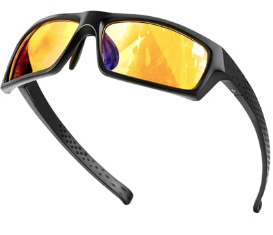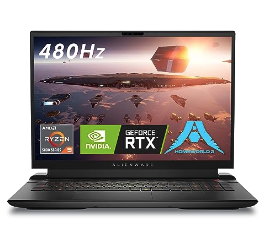The Ultimate Beginner’s Guide To Buying Your First Laptop [2024]
Buying Your First Laptop
Are you a beginner looking to purchase your first laptop? Selecting the right laptop is crucial for a smooth start to your digital journey. In today’s tech-savvy world, having the right device can make a significant difference in your everyday tasks and entertainment.
Choosing your first laptop involves more than just picking a shiny new gadget. It’s about finding a device that fits your needs, whether you’re a student, a professional, or a casual user. A laptop is not just a tool; it’s an essential companion in this digital age.
Navigating the world of laptops can be overwhelming, especially for first-time buyers. Understanding the key factors such as operating systems, performance specifications, design, and budget can help you make an informed decision. So check out these essential tips and considerations to guide you through your first laptop purchase.
Understanding Your Laptop Needs: Finding the Perfect Match
Before the many varieties of laptops, it’s crucial to understand your specific requirements to find the perfect match that aligns with your lifestyle. Let’s explore how to pinpoint the ideal laptop based on your unique needs.
Assessing Primary Use-case Scenarios
- Work: If you primarily need a laptop for work tasks such as word processing, spreadsheet management, and video conferences, a laptop with a reliable processor and sufficient RAM for multitasking would be ideal.
- Gaming: For gaming enthusiasts, prioritizing a laptop with a powerful processor, ample RAM for seamless gameplay, dedicated graphics card, and high-resolution display is essential to enhance the gaming experience.
- General Use: If your laptop needs revolve around web browsing, multimedia consumption, and light productivity tasks, a balance of processing power, storage capacity, and portability could be the key factors in your decision.
Identifying Key Specifications
When it comes to key specifications, the Processor, RAM, and storage play a vital role in determining a laptop’s performance for specific tasks.
- Processor: The processor is the brain of the laptop, influencing its speed and performance. For tasks like video editing or heavy multitasking, opting for a laptop with a powerful processor like an Intel Core i7 or AMD Ryzen 7 would ensure smooth operations.
- RAM: Random Access Memory (RAM) impacts the laptop’s ability to handle multiple tasks simultaneously. For demanding tasks like graphic design or programming, choosing a laptop with at least 8GB or higher RAM capacity would prevent lags and slowdowns.
- Storage: Storage capacity determines how much data you can store on your laptop. Solid State Drives (SSD) offer faster data access speeds compared to Hard Disk Drives (HDD), making them ideal for quicker boot-up times and application loading.
By understanding your primary use-case scenarios and the significance of key specifications like Processor, RAM, and storage, you can make an informed decision tailored to your specific needs and preferences.
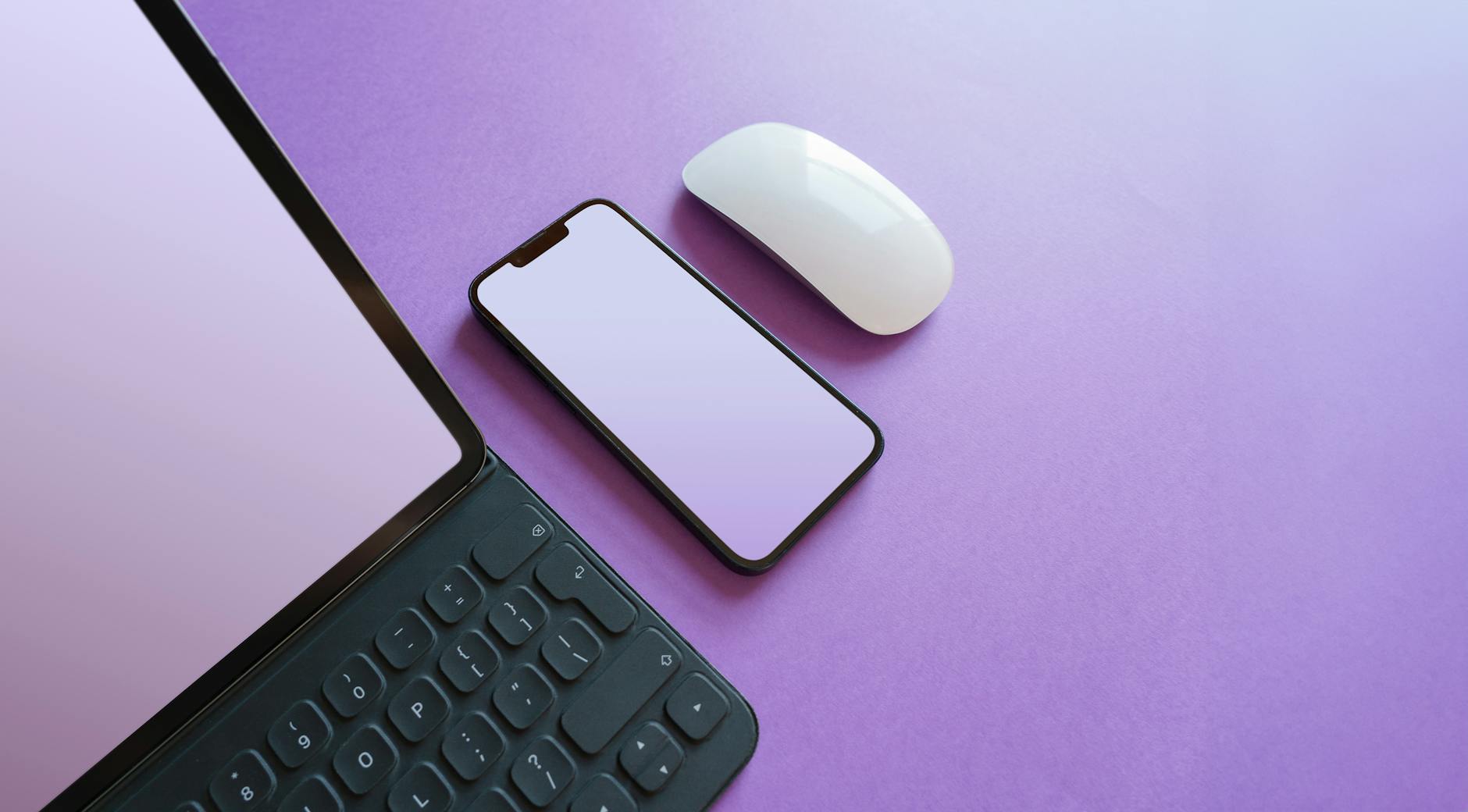 Photo by Jakub Zerdzicki
Photo by Jakub Zerdzicki
Considering Portability vs. Performance
When choosing your first laptop, one of the key decisions you’ll face is balancing portability and performance to suit your needs. Here’s a closer look at how to make this crucial decision:
Portability: Finding the Right Fit
Portability refers to the ease of carrying your laptop around, whether for work, travel, or study. If you’re constantly on the go, a lightweight and slim laptop may be ideal. Look for laptops with smaller screen sizes and longer battery life for enhanced portability. Consider factors like weight, dimensions, and battery longevity before making a decision on portability.
Performance: Powering Your Tasks
Performance is essential for smooth multitasking, gaming, creative work, and more. The processor, RAM, graphics card, and storage capacity all contribute to a laptop’s performance. If you need a laptop for demanding tasks like video editing or gaming, prioritize features like a powerful processor, ample RAM, and high-quality graphics. Assess your usage patterns to determine the level of performance you require.
Striking a Balance: Your Personal Needs
When considering portability versus performance, think about your daily routine and the tasks you’ll be performing on the laptop. Are you a student who needs to carry the laptop to classes? Or a professional who requires high processing power for complex applications? Finding a balance between portability and performance ensures that your laptop aligns with your lifestyle and work demands.
Photo by Ivan Samkov
Operating System Preferences
When choosing your first laptop, one key decision to make is selecting the right operating system (OS) that will suit your needs and preferences. Each operating system comes with its unique features and user interface, catering to different user experiences. Let’s explore the popular options: Windows, macOS, and Linux.
Windows
Windows is a widely used operating system known for its user-friendly interface and compatibility with various software and hardware. If you’re familiar with PCs or looking for a versatile OS that supports a wide range of applications, Windows might be the right choice for you. It is prevalent in the business and gaming world, offering a familiar environment for many users.
macOS
macOS, exclusive to Apple devices, is renowned for its sleek design, seamless integration with other Apple products, and robust security features. If you are already using other Apple devices like iPhone or iPad, macOS offers a seamless ecosystem that enhances productivity and connectivity. It is popular among creatives for its reliability and performance in graphic design, video editing, and music production.
Linux
Linux is an open-source operating system favored by tech enthusiasts and developers for its customization options and security features. While it may have a steeper learning curve for beginners, Linux provides a high level of control over your system and is known for its stability and efficiency. If you value privacy, customization, and a community-driven approach, Linux might be worth exploring.
When deciding on an operating system for your new laptop, consider your familiarity with different systems, the software you intend to use, and your specific needs in terms of security, customization, and user experience. Ultimately, the right OS should align with your workflow and enhance your overall computing experience.
Photo by Sora Shimazaki
Understanding Future-Proofing
In the realm of purchasing your first laptop, future-proofing is a crucial concept to grasp. Future-proofing refers to the strategy of selecting a laptop that not only meets your current needs but also anticipates future requirements as technology advances. It involves choosing a device that can adapt and remain relevant over time, thus extending its usability and value.
Making Smart Investments for Tomorrow’s Needs
When considering future-proofing your laptop, think about the longevity of the device in terms of performance and compatibility with upcoming software and applications. Opting for a laptop with higher processing power, ample memory, and room for upgrades can help ensure it remains efficient for years to come.
Planning for Evolving Technologies
Technological advancements occur rapidly, and your laptop should be equipped to handle these changes without becoming obsolete. Look for features like expandable memory, versatile connectivity options, and compatibility with emerging technologies to future-proof your investment.
Balancing Innovation with Practicality
While it’s tempting to chase the latest trends, striking a balance between cutting-edge features and practicality is key to future-proofing your laptop. Consider your specific needs and how different technological advancements align with your usage patterns to make informed decisions.
 Photo by Mikhail Nilov
Photo by Mikhail Nilov
Investing Wisely: Evaluating Cost and Capability
When it comes to purchasing your first laptop, it’s crucial to assess both the cost and capability to make a wise investment that aligns with your needs and budget. Let’s take a look at some key factors to consider when evaluating the cost and capability of a new laptop.
Setting a Realistic Budget
Before setting out on your laptop-shopping journey, it’s essential to establish a realistic budget that is in line with your financial situation. Consider how much you are willing to spend on your first laptop without straining your finances. Setting a budget will help narrow down your options and focus on laptops that fall within your price range, ensuring a comfortable purchase.
Examining Cost-Benefit Ratio
One of the critical aspects of buying a new laptop is evaluating the cost-benefit ratio. This involves analyzing the price of the laptop in relation to its features and capabilities. Determine whether the features offered justify the cost and if the laptop provides value for the money spent. Research different models to find the best balance between price and performance that meets your requirements.
Ensuring Performance Expectations
To avoid disappointment after your purchase, it’s vital to ensure that the laptop you choose can meet your performance expectations. Consider the tasks you intend to carry out on the laptop, such as work-related activities, gaming, or general use. Verify that the laptop’s specifications, such as processor speed, RAM capacity, and storage space, align with your intended usage to guarantee a seamless experience.
By carefully evaluating the cost and capability of different laptops, setting a realistic budget, examining the cost-benefit ratio, and ensuring the performance meets your expectations, you can make an informed decision that leads to a satisfying first laptop purchase.
Remember, investing wisely in a laptop that suits your requirements is crucial for a successful and enjoyable computing experience.
Exploring Financing Options and Warranties
When you’re exploring the world of purchasing your first laptop, it’s essential to explore all the available financing options and consider warranty plans to protect your investment. Financing a laptop can make the upfront cost more manageable, allowing you to choose a model that fits your needs without putting a strain on your budget. Look for options like installment plans, credit card payments, or store financing to spread out the payments over time.
Financing Your Laptop
When considering financing, make sure to compare interest rates and terms from different vendors to choose the most cost-effective option. Some retailers offer 0% interest financing for a certain period, which can be a great way to get the laptop you want without paying extra. However, be cautious and read the fine print to understand any potential fees or penalties.
Warranty Protection
Warranties can provide peace of mind by covering repairs or replacements for a specified period after your laptop purchase. Before opting for an extended warranty, carefully review what it covers, such as accidental damage, hardware failures, or technical support. Evaluate if the warranty aligns with your usage habits and the laptop’s expected lifespan, ensuring you make an informed decision to safeguard your device.
Don’t rush into financing options or warranty plans. Take your time to research and compare different offers to make the best choice for your first laptop. By understanding the financing terms and warranty coverage, you can confidently invest in a device that meets your needs and protects your purchase for the long run.
Reading Reviews and Seeking Expert Opinions
When looking to purchase your first laptop, one of the most valuable steps you can take is to read reviews and seek expert opinions. This process can provide you with insights from real users and professionals in the field, helping you make an informed decision about which laptop to invest in.
Value of User Reviews
User reviews offer firsthand experiences from individuals who have already used the laptop you are considering. These reviews can highlight both the strengths and weaknesses of a particular model, giving you a realistic understanding of its performance, durability, and overall user satisfaction. It’s essential to read a variety of user reviews to get a well-rounded view of the laptop’s capabilities.
Expert Opinions Matter
Expert reviews from technology websites, tech influencers, and industry experts can offer valuable insights into the technical aspects of a laptop. These professionals often conduct in-depth testing and analysis, providing you with detailed information about the laptop’s performance, design, battery life, and more. Expert opinions can help you understand how a laptop performs in real-world scenarios and whether it meets your specific needs.
Where to Find Reviews
To access a wide range of reviews and expert opinions, you can visit reputable technology websites such as CNET, PCMag, and The Verge. These platforms regularly publish detailed reviews of the latest laptops on the market, offering comprehensive insights into each model’s features and performance. Additionally, watching YouTube reviews and tech review channels can give you a visual understanding of the laptop in action.
Importance of Balanced Perspectives
When reading reviews and seeking expert opinions, it’s crucial to consider a variety of perspectives. Not every review will align with your preferences or priorities, so it’s essential to gather information from multiple sources to form a well-rounded understanding of the laptop you are interested in. By weighing both positive and negative feedback, you can make a more informed decision that suits your needs.
Seeking out reviews and expert opinions can significantly impact your laptop buying experience, guiding you towards a purchase that aligns with your requirements and expectations. By leveraging the insights of others, you can navigate the vast array of laptop options available and select the one that best fits your individual needs and preferences.
Conclusion
In conclusion, buying your first laptop is an exciting step that requires careful consideration. Remember to choose a platform that suits your needs, whether it’s Windows, macOS, or ChromeOS. Understanding the importance of specifications like processor, RAM, and storage will help you make an informed decision. Don’t forget to consider factors like battery life, portability, and display quality to ensure a satisfying user experience with your new laptop. Researching and comparing different options will empower you to find the perfect first laptop that fits your lifestyle and budget. Happy shopping for your First Laptop!
- What Is a Faraday Bag? Why Every Prepper Needs One
- Best Budget Laptops for College Students (2025) | Under $400
- What Is A Faraday Bag?
- TOZO PB3 Portable Charger: Lightweight Power For Your Devices
- Unlock Passive Income With The Cell Phone Cash Program
- JavaBurn: Does It Live Up To The Hype?

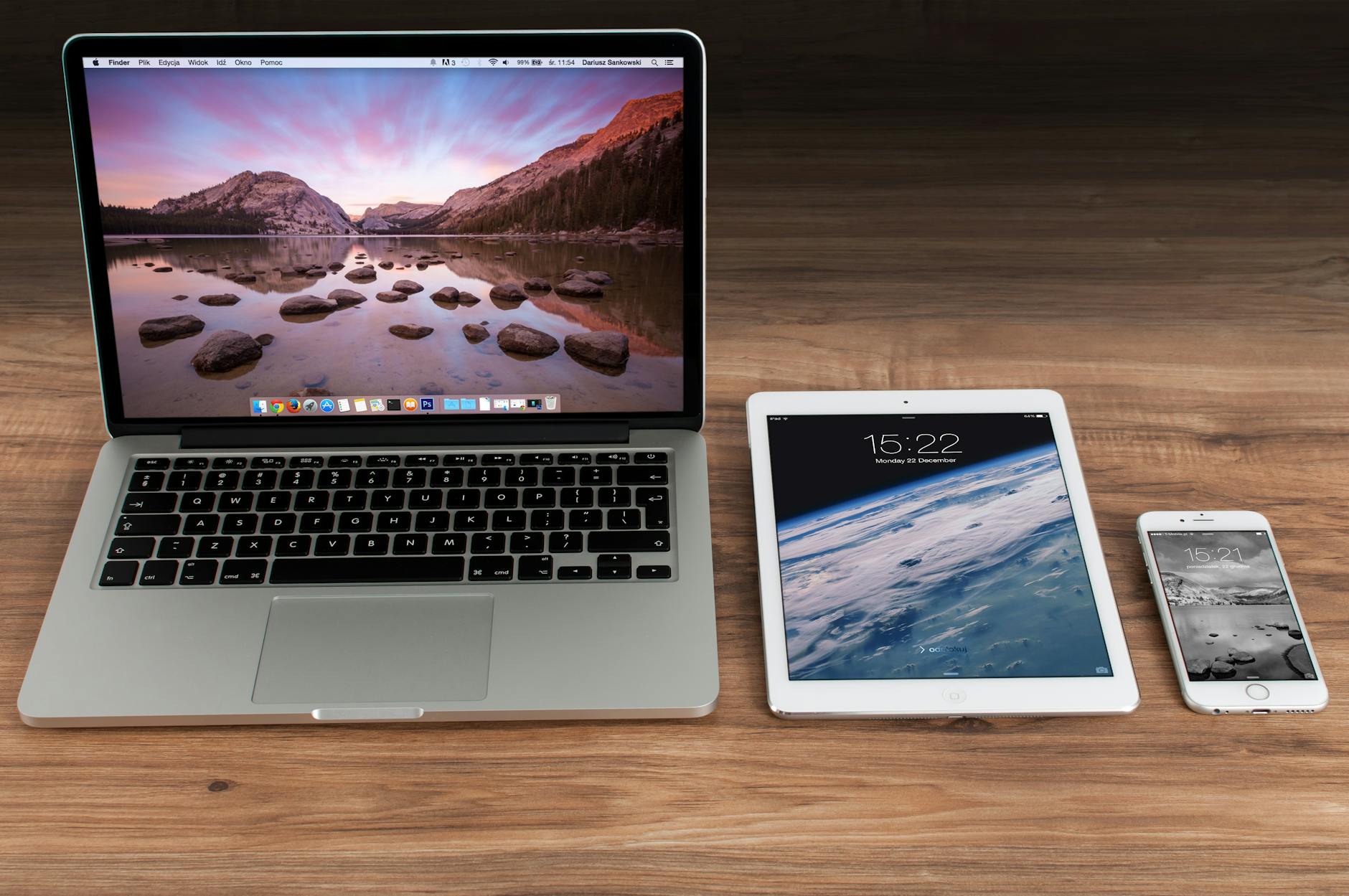
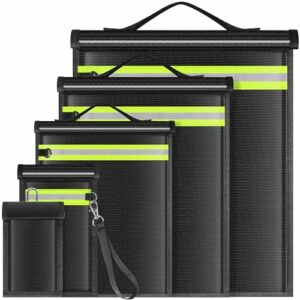




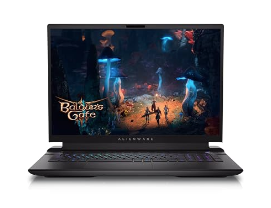
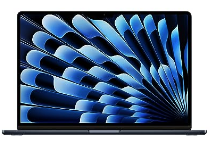


![Unveiling The Mystery: Why Are Gaming Laptops So Expensive? [2024 Guide] Gaming Laptop](https://theproductreviewdude.com/wp-content/uploads/2024/03/gaming-laptop.jpg)


